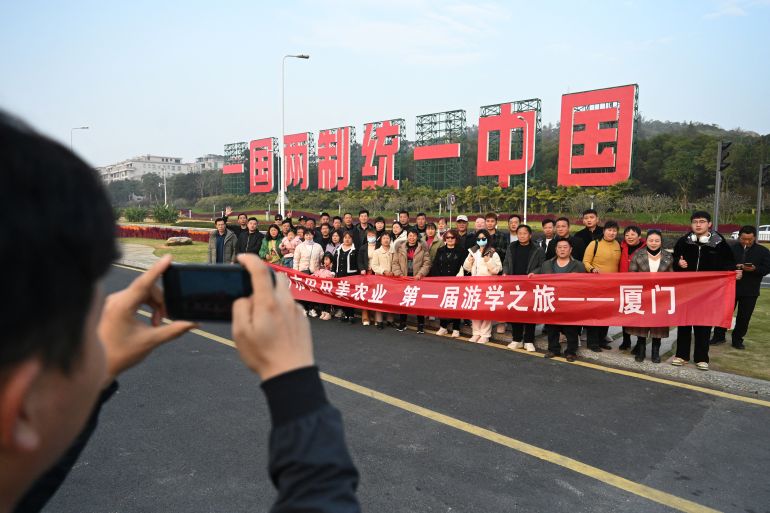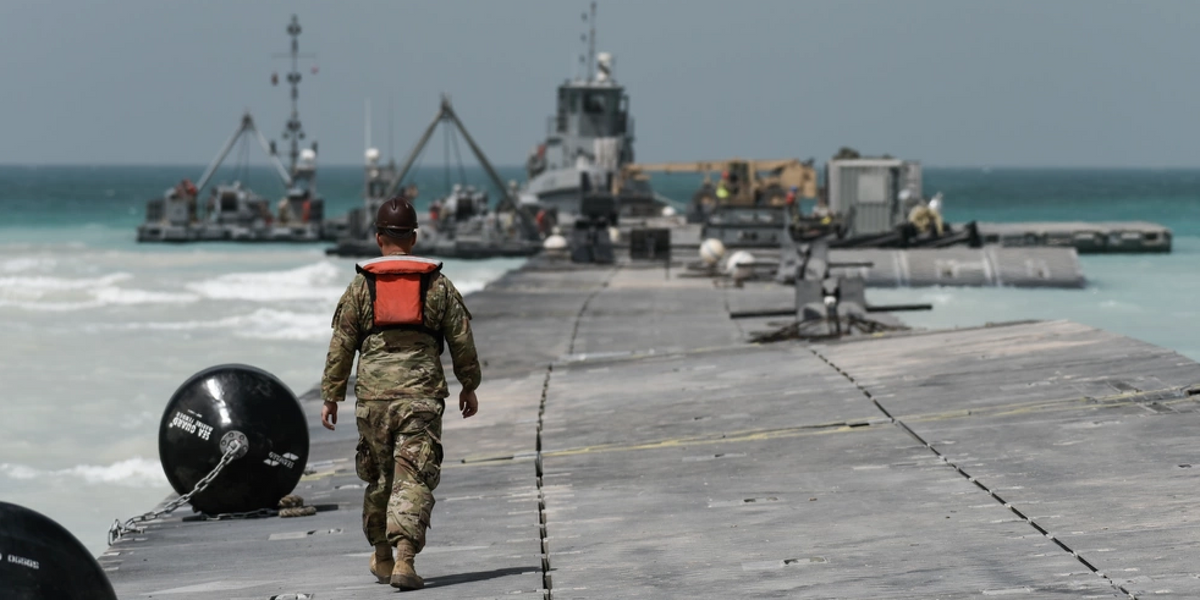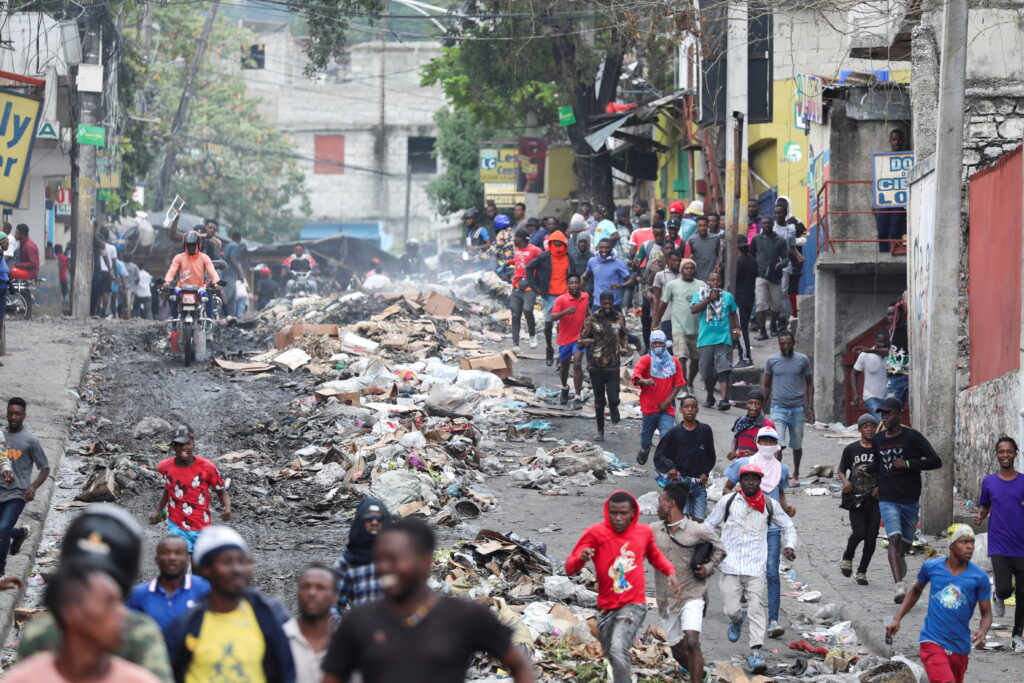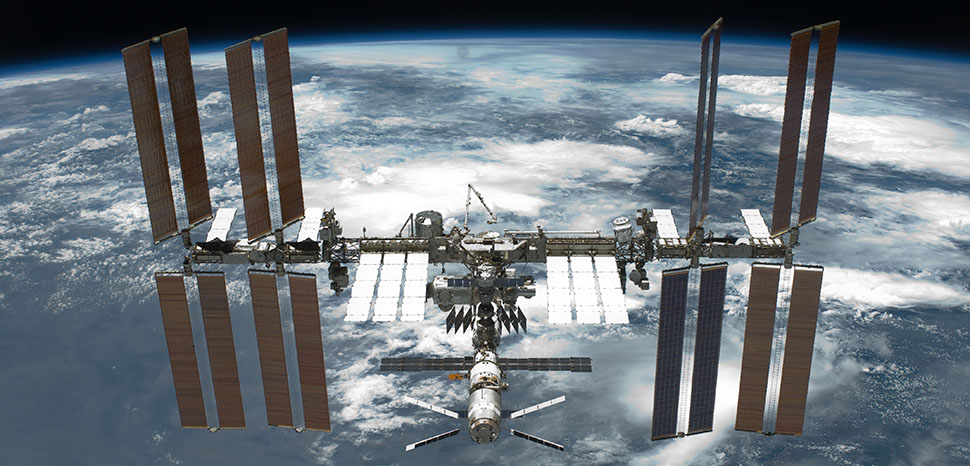ANUPAM MANUR

Barely a few days into summer and there are already reports of Bangalore facing a severe water crisis. Groundwater is depleting and borewells are running dry. The price charged by private tankers have doubled. Some apartment complexes and RWAs are already rationing water and cutting off water supply to households for a few hours in the daytime. Meanwhile, the state government has decided to nationalise all private water tankers in the city.
This is a complex problem with multiple causal factors – geography (Bangalore is situated far away from any naturally occurring water body), weather (weak southwest monsoons), and mismanagement. Mismanagement takes the shape of encroachment and building property on lake beds, failure to enforce rainwater harvesting systems, not providing piped water supply to peripheral areas, and unabated exploitation of ground water.
Grossly Underpriced
In the discourse on Bangalore’s water crisis, while many causes and potential solutions are strewn about, pricing of water does not attract attention. At the heart of it, the water crisis is a demand and supply problem. There is excess demand and less supply and unfortunately, water is criminally underpriced in our cities.
Water maybe a free gift of nature, but that is only if you live near the water source. For most of us living in dense urban areas, it taken an enormous amount of resources to deliver water from the source to the taps in our homes. Thus, potable drinking water is an economic good, which comes at a cost.
















